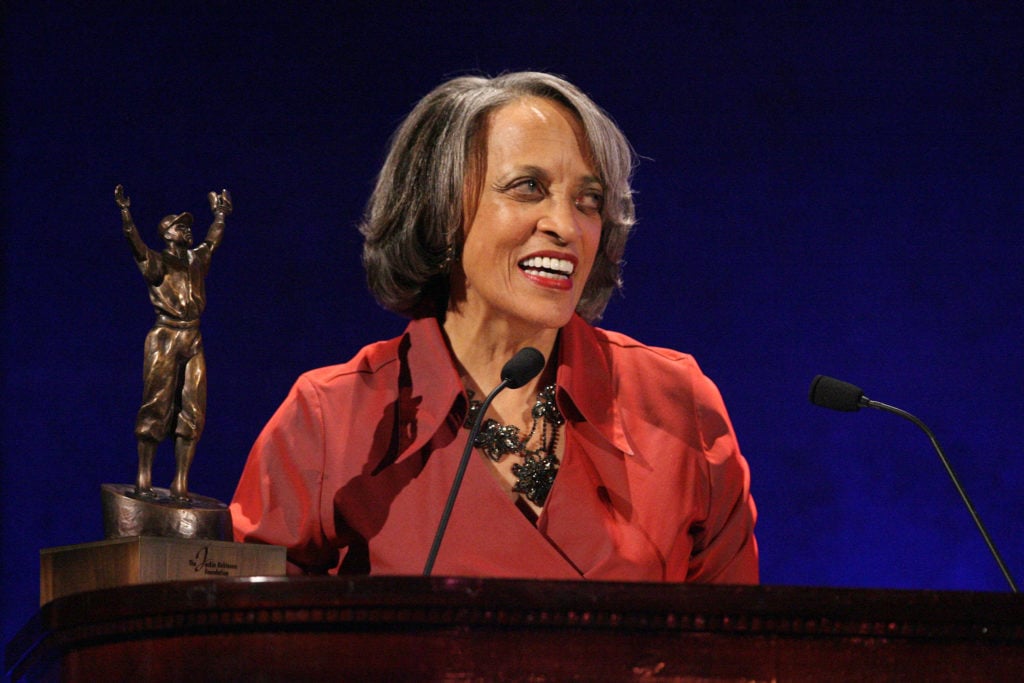People
African Art Museum Director Johnetta Cole, Who Defended Cosby Exhibition, to Retire
She had also served as president of Spelman College.

She had also served as president of Spelman College.

Brian Boucher

Director of the Smithsonian National Museum of African Art since 2009, Johnetta Cole will retire in March 2017. She presided over the museum during a raging controversy over an exhibition that included works owned by entertainer Bill Cosby, accused of rape by dozens of women, and his wife, Camille.
The museum concealed the fact that the Cosby family supported the exhibition, “Conversations: African and American Artworks in Dialogue,” with a $716,000 donation. That gift, according to the Associated Press, “virtually covers the entire cost.” Failing to publicly disclose the source of the funding of an exhibition goes against standards set by the Alliance of American Museums.
The museum had already come in for harsh criticism for keeping the exhibition open at all in light of the more than 50 women who have accused Cosby of sexual assault. For its part, the museum stated that it did not condone Cosby’s “behavior.”
In an editorial published on the Root, Cole herself wrote that she was “devastated” by the allegations against Cosby, but countered that it was “[her] responsibility to defend the rights of the artists in ‘Conversations’ to have their works seen” and the public’s right to see the works. She would not have proceeded to mount the exhibition had she been aware of the allegations, she said.
Cole previously served as president of Atlanta’s Spelman College, where she was the first African-American woman hired to that post, and Bennett College for Women, in Greensboro, North Carolina. She was a professor of anthropology, women’s studies, and African American studies at Emory University, also in Atlanta. She earned a PhD in anthropology at Northwestern University.
Cole is also a member of the scholarly advisory board for the Smithsonian’s National Museum of African American History and Culture, which opened on the National Mall to great fanfare in March 2016. Ebony magazine honored her with a spot on its 100 most influential African Americans in 2010; Black Entertainment Television (BET) bestowed the BET honors award for education on her in 2015.
Established in 1964, the Smithsonian National Museum of African Art was incorporated into the Smithsonian Institution in 1979; it moved to the National Mall in 1987.